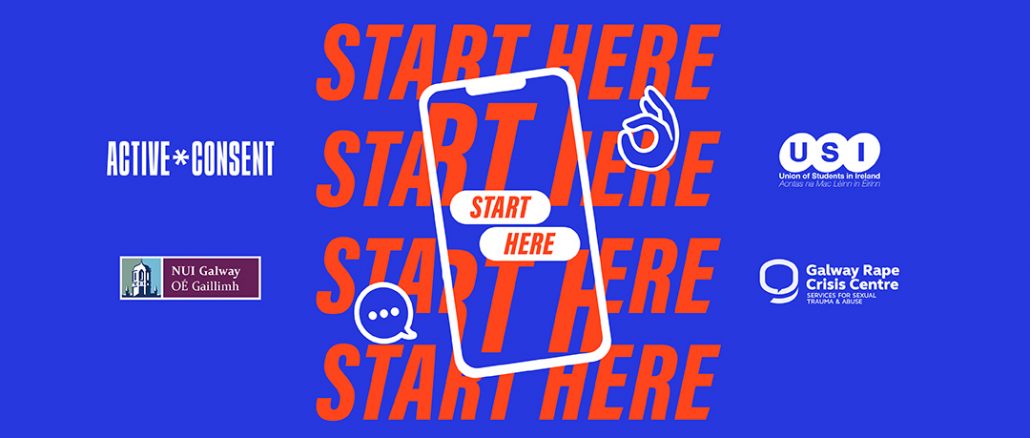
[dropcap]A[/dropcap]n 8-week campaign aimed to help education students and staff in higher education institutes to deal with the disclosure of sexual assault or harassment was launched earlier this month by Minister for Further and Higher Education, Research, Innovation and Science.
The ‘Start Here’ campaign will take place via social media and will be run by NUIG Active Consent, the Union of Students in Ireland (the USI) and the Galway Rape Crisis Centre.
Minister Simon Harris said in a press release that the Department and other organisations are working with Higher Level Institutions to create a culture of zero tolerance.
“Staff and students are entitled to a safe environment to study and work free from harassment or violence,” he said.
USI president, Lorna Fitzpatrick said that the campaign aims to “close any gaps that there may be in knowledge that people may have” when they are approached by a friend, classmate or colleague with their negative sexual experience.
“What we’re trying to address is that when somebody makes that disclosure, the person that they disclose to has the language and the skills to be able to say: okay, I believe you. And to provide the space for them to be able to share more,” said Fitzpatrick.
The campaign is in response to the Sexual Experience Survey, which was published in June 2020.
This survey, conducted with 6,026 undergraduate and postgraduate students, found that 79 per cent of students who experience sexual assault, harassment and violence disclosed their experience to a friend.
DCU will be taking part in the campaign. DCU Students’ Union (DCUSU) and some senior staff in the university are already involved and working on advertising for the campaign.
DCUSU VP for Welfare, Dean O’Reilly, said that there is a serious need for an initiative like this.
“One of the most influential moments for someone when they come forward about their sexual assault or sexual violence is that first reaction,” he said. “A lot of folks, they just don’t know what to do in that situation, because it’s very heavy, it feels very serious and very concerning.”
The aim is to make the situation as comfortable as possible for the survivor who came forward and also to prevent the person they are coming to from reacting poorly and making the situation worse.
“[It’s] just saying that they’re here and they’re listening and that they believe you,” said O’Reilly.
The campaign is available on activeconsent.usi.ie, where the learning modules are accessible for whoever wishes to take part.
Niamh Quinlan
Image Credit: Wikimedia Commons


